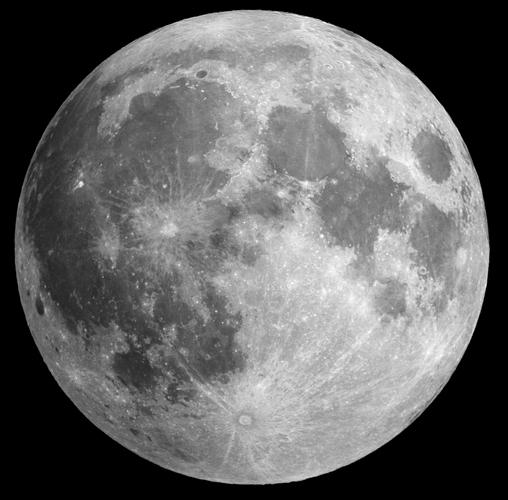
Patricia Fara, a historian of science at Cambridge University and the 2022 recipient of the Abraham Pais Prize for History of Physics, spoke about her work and the role of science history in today’s world. This is an extract from her interview (https://www.aps.org/publications/apsnews/202206/fara.cfm).
How do you choose subjects of study?
My first popular book was about Isaac Newton [Newton, The Making of Genius, 2002]. That was a definite programmatic decision. It was in response to people who kept asking me to lecture on gender studies during my PhD.
Sometimes the most-repeated stories about scientists may not even be historical fact, such as Newton discovering gravity when he saw the apple fall from the tree. Why are these stories so popular?
Particularly in Europe and the Americas, they’re foundational stories based on stories from the Bible and the mythological stories of the ancient Greeks. The same story gets reworked and retold for different people. The Newton story is the same story as James Watt inventing the steam engine when he watched a kettle boil, and they’re both based on the archetype of Archimedes jumping out of his bath and shouting, “Eureka!” when he’d worked out how to find the volume of a crown. People grew up with these stories, and they’re very comforting.
Do you think that scientists would benefit from learning history during their scientific training?
Yes. It’s really good for them to learn about the history of their subject, along with some aspects of philosophy, which will teach them about ethics. History also teaches them how to write and make persuasive arguments, which they need for writing papers and grant proposals. It’s also an opportunity not just to regurgitate facts, but to express opinions. Our questions don’t necessarily have a right answer, as long as you can back up what you’re saying. That’s very important for students to learn. For example, I might ask the question, would Charles Darwin have formulated the theory of evolution by natural selection if he hadn’t been on a voyage on the Beagle around the world? Nobody can know the answer to that question, but my students adopt one view or the other and are adamant that they’re right. It’s exciting to think about a question and express your point of view.
